Boerewors is a traditional South African sausage that is popular across Southern Africa. Made from a combination of ground beef (or sometimes a mixture of beef, pork, and lamb), spices, and natural casings, boerewors is typically grilled or fried and enjoyed as part of barbecues (or “braais”) or in various dishes. While it is a flavorful and culturally significant food, its nutritional value depends on the ingredients used and the portion size. In this essay, we will explore the nutritional value of boerewors, examining its contributions in terms of protein, fat, vitamins, and minerals, as well as some considerations for its consumption as part of a balanced diet.
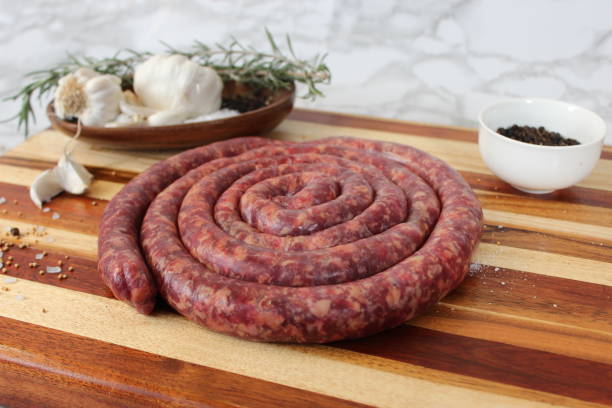
One of the main nutritional benefits of boerewors is its high protein content. Since boerewors is primarily made from beef, pork, or lamb, it provides a significant amount of high-quality animal protein. Protein is essential for muscle repair, immune function, and the production of enzymes and hormones. A typical serving of boerewors (100 grams) contains approximately 20-25 grams of protein, making it a good source for meeting daily protein needs.Protein is important for maintaining muscle mass, especially in physically active individuals, growing children, and the elderly. Including boerewors in a meal can help meet the body’s protein requirements, although it should be balanced with other lower-fat sources of protein to avoid excess fat consumption.
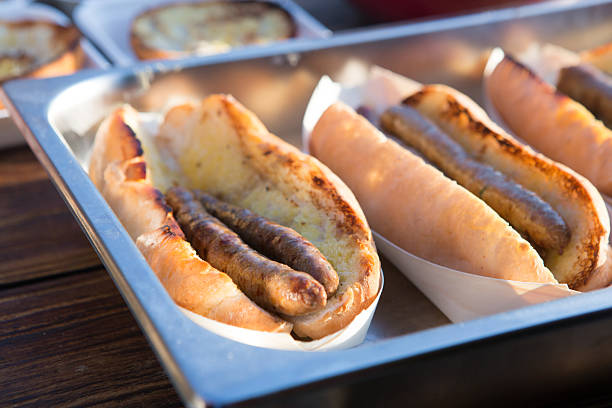
While boerewors is rich in protein, it is also relatively high in fat, particularly saturated fat. A 100-gram serving of boerewors can contain between 15-25 grams of fat, of which a significant portion is saturated fat. While some fat is essential for the absorption of fat-soluble vitamins (A, D, E, and K) and for energy, excessive consumption of saturated fat can lead to an increased risk of heart disease and other health issues.The high fat content of boerewors also makes it a calorie-dense food. A 100-gram portion of boerewors can contain between 300 and 400 calories, depending on the specific recipe and fat content. For individuals managing their weight, it is important to be mindful of portion sizes when consuming boerewors to avoid an excessive intake of calories and fat.
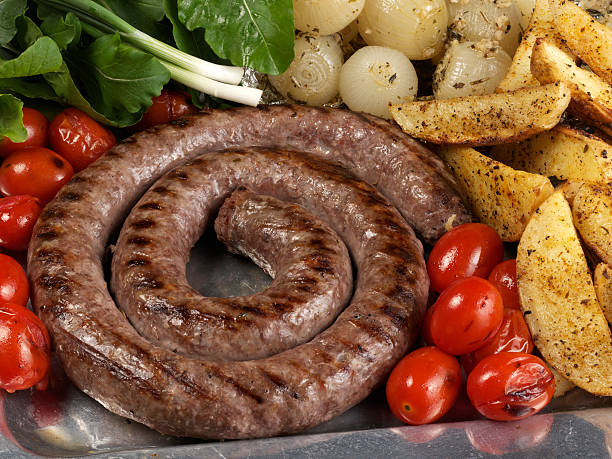
Boerewors is a good source of important minerals like iron and zinc, which are both essential for various bodily functions.Iron: The red meat used in boerewors is a rich source of heme iron, the type of iron that is more easily absorbed by the body compared to non-heme iron from plant-based sources. Iron is necessary for the production of hemoglobin, which carries oxygen in the blood. Adequate iron intake is important for preventing iron-deficiency anemia, a condition that can cause fatigue, weakness, and impaired immune function. For individuals at risk of anemia, such as women of childbearing age, boerewors can help boost iron intake when consumed in moderation.
Zinc is another essential mineral found in boerewors, and it plays a crucial role in immune function, wound healing, and protein synthesis. Zinc is also important for maintaining healthy skin, hair, and nails. Including boerewors as part of a balanced diet can contribute to meeting the body’s zinc requirements.
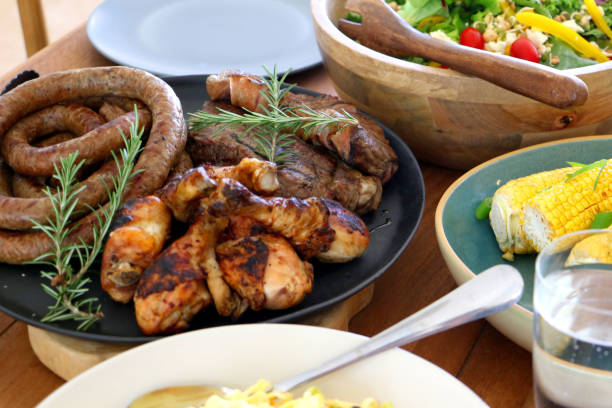
Boerewors is a good source of B vitamins, particularly vitamin B12 and vitamin B6, which are primarily found in animal-based foods.Vitamin B12: Vitamin B12 is essential for red blood cell production and nervous system function. It is also involved in DNA synthesis and energy metabolism. Since B12 is only naturally found in animal products, boerewors is a valuable source of this vitamin for individuals who consume meat. Adequate B12 intake is crucial for preventing megaloblastic anemia, which can cause fatigue and neurological symptoms.
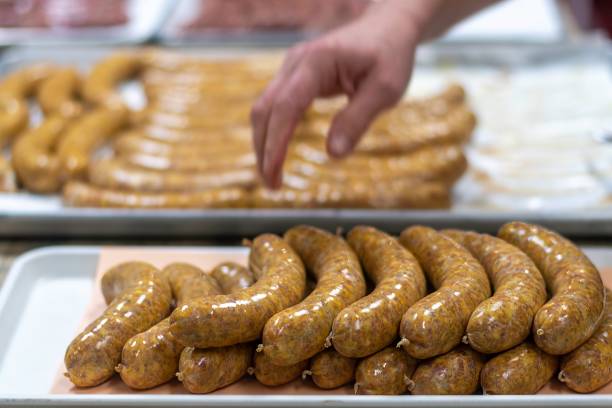
Vitamin B6 is important for brain development and function, as well as the production of neurotransmitters that regulate mood. It also helps the body metabolize proteins and carbohydrates, supporting overall energy production.
One consideration when evaluating the nutritional value of boerewors is its sodium content. Depending on the recipe, boerewors can be relatively high in sodium due to the addition of salt and other seasonings during preparation. A high sodium intake is associated with increased blood pressure and a higher risk of heart disease and stroke. For individuals who need to manage their sodium intake, it is important to consume boerewors in moderation or seek out lower-sodium versions if available.
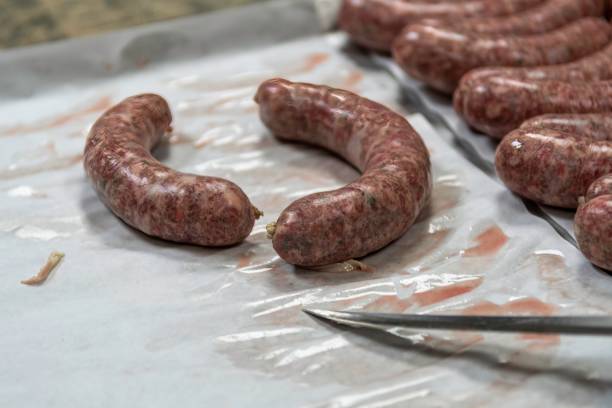
While boerewors offers nutritional benefits such as high-quality protein, iron, zinc, and B vitamins, it is important to consider its high fat and sodium content when including it in a balanced diet. To enjoy boerewors in a healthy way, it can be paired with nutrient-dense, low-calorie side dishes like vegetables or salads to balance out the meal. Grilling or baking boerewors, rather than frying it, can also reduce the overall fat content of the dish.For those concerned about the health risks associated with high saturated fat intake, leaner versions of boerewors made with lower-fat cuts of meat or a higher proportion of lean beef can be a healthier alternative. Additionally, some boerewors recipes incorporate spices like coriander, cloves, and nutmeg, which add flavor without the need for excessive salt or unhealthy fats.
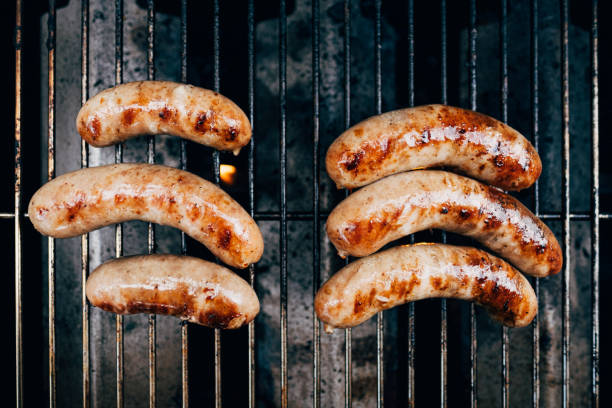
Boerewors is a flavorful and culturally significant dish that offers a variety of nutritional benefits, particularly its high protein content and its richness in essential minerals like iron and zinc. However, it is also relatively high in saturated fat and sodium, which requires careful consideration in the context of a balanced diet. By consuming boerewors in moderation and pairing it with healthier side dishes, it can be enjoyed as part of a nutritious and satisfying meal. Balancing the benefits of its protein and micronutrient content with its potential downsides makes boerewors a food that can fit into a healthy lifestyle when eaten thoughtfully.

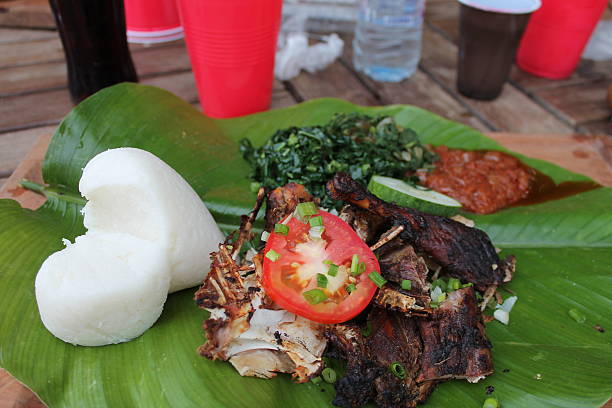
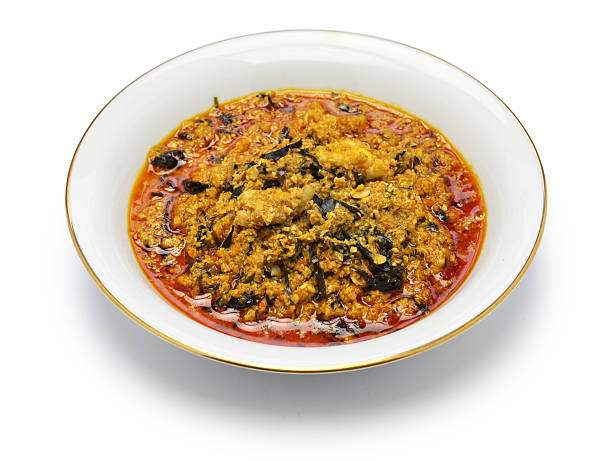
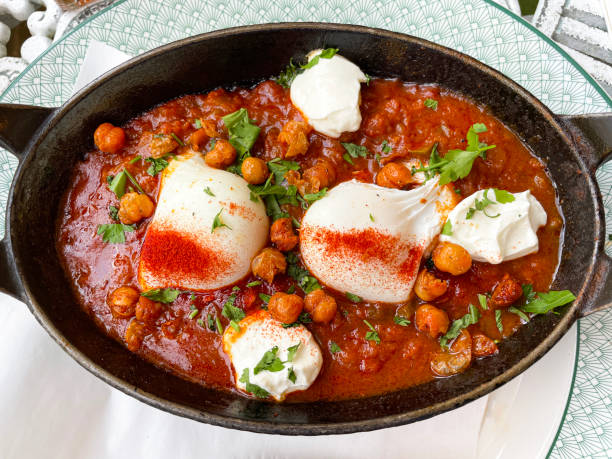
Great platform for AI tools! The AI Ad Generator is a standout for streamlining marketing efforts. tyy.AI clearly helps users avoid endless searches by curating top solutions.
Great platform for AI tools! The AI Ad Generator is a standout for streamlining marketing efforts. tyy.AI clearly helps users avoid endless searches by curating top solutions.
https://shorturl.fm/msXWO
https://shorturl.fm/ClWVb
https://shorturl.fm/MwMA9
https://shorturl.fm/76tEn
https://shorturl.fm/VYACZ
https://shorturl.fm/WI8Vj
https://shorturl.fm/OuvZs
https://shorturl.fm/32GMu
https://shorturl.fm/pXW5C
https://shorturl.fm/W0SUZ
https://shorturl.fm/Z62e2
https://shorturl.fm/n4DtF
https://shorturl.fm/Y9uww
https://shorturl.fm/iEjEF
https://shorturl.fm/zujqV
https://shorturl.fm/MjfLo
https://shorturl.fm/Tk4yi
https://shorturl.fm/3swkO
https://shorturl.fm/aAgbm
https://shorturl.fm/XfYPi
https://shorturl.fm/v7ML9
https://shorturl.fm/EGT8s
https://shorturl.fm/RFZCJ
https://shorturl.fm/m5HZi
https://shorturl.fm/bU4kR
https://shorturl.fm/U6QeD
https://shorturl.fm/TWCyE
https://shorturl.fm/FqKuO
https://shorturl.fm/Qh5L1
https://shorturl.fm/E9mp0
https://shorturl.fm/wLcic
https://shorturl.fm/dJ9FH
https://shorturl.fm/xYsGp
https://shorturl.fm/sBEvb
https://shorturl.fm/J8yOB
https://shorturl.fm/Aex5n
https://shorturl.fm/SGtXH
https://shorturl.fm/LDwGR
https://shorturl.fm/fuOdu
https://shorturl.fm/uZz2S
https://shorturl.fm/wfYqC
https://shorturl.fm/H35Io
https://shorturl.fm/7QTnW
https://shorturl.fm/BcZ6m
https://shorturl.fm/pu7qN
https://shorturl.fm/kcuHP
https://shorturl.fm/UJbox
https://shorturl.fm/RaUJi